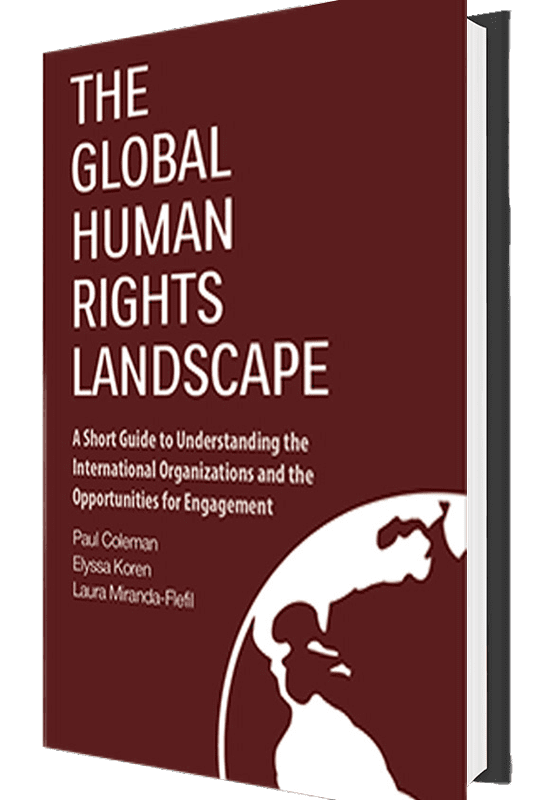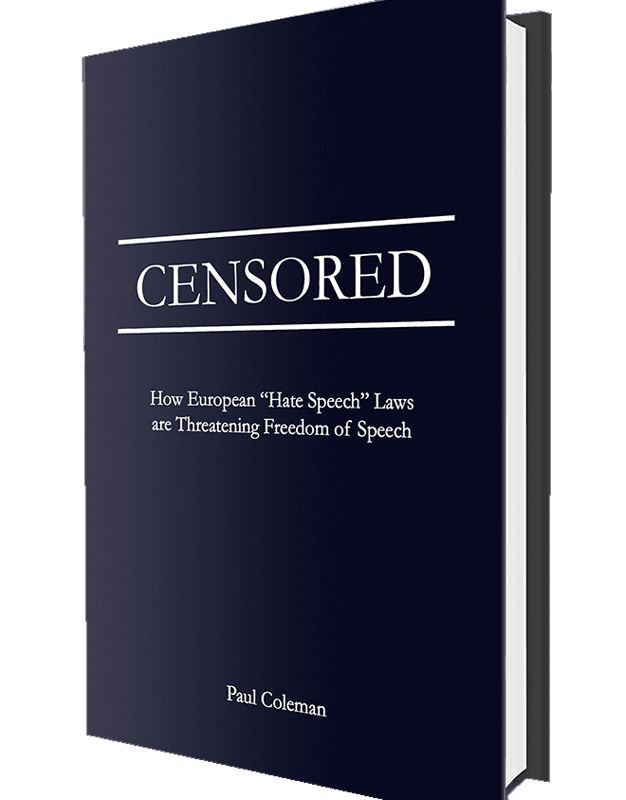
Paul Coleman
EXECUTIVE DIRECTOR
Paul Coleman serves as executive director of ADF International from its headquarters in Vienna, Austria, where he oversees the strategic legal advocacy and programs of the global, alliance-building legal organization.
Paul Coleman serves as Executive Director of ADF International from its headquarters in Vienna, Austria, where he oversees the strategic legal advocacy and programs of the global, alliance-building legal organization.
Under Coleman’s leadership, ADF International has expanded its mission to over 80 countries with an annual caseload of more than 600 legal matters and built an alliance of more than 1,000 global partners through the world-class Areté Academy training program. With offices in Vienna, London, Brussels, Geneva, New York, and Washington DC, ADF International maintains a full-time presence at major international institutions including the United Nations, the European Union, and the Organization of American States.
Specializing in international human rights and European law, Coleman has been involved in more than 20 cases before the European Court of Human Rights, including numerous precedent-setting Grand Chamber decisions, and has authored complaints and submissions to the Inter-American Court of Human Rights, International Criminal Court, Court of Justice of the European Union, UN Human Rights Committee, and numerous national courts.
A leading voice on free speech, Coleman is the author of the book Censored: How European Hate Speech Laws are Threatening Free Speech, and participates regularly in speaking engagements in global forums. He has authored numerous scholarly articles and books, and his opinion pieces have appeared in leading publications in Europe and the U.S. including First Things, The Spectator, Newsweek, Public Discourse, and The European Conservative.
Coleman earned his LL.M. and postgraduate diploma in legal practice, with distinction, from the Northumbria Law School. He obtained a Bachelor of Laws, with first-class honours, from Newcastle University. Coleman is a solicitor of the Senior Courts of England and Wales.
Originally from the UK, he lives in Vienna with his wife and two daughters.
Publications
Censored addresses the rise of so-called ‘hate speech’ laws throughout Europe and their devastating effect on freedom of speech. In Germany, for example, committing an ‘insult’ is a criminal offence and in Poland offending ‘religious feelings’ carries a two year prison sentence. In Cyprus, anyone who promotes ‘feelings of ill will’ may be committing a crime, while in Sweden anyone who expresses ‘contempt’ towards a group of people may be imprisoned. Get one copy here now!

The Global Human Rights Landscape: A Short Guide to Understanding the International Organizations and the Opportunities for Engagement
Throughout the world today, marriage is being redefined by national courts and governments, religious liberty is severely threatened, and abortion is routinely promoted as a ‘human right’. The international organizations that were established in the 20th century to protect fundamental human rights are instead in some areas being used to undermine them. This short guide seeks to answer three questions: What are the international and regional human rights institutions that exist around the world, why do they matter and how can individuals and organizations get involved?



